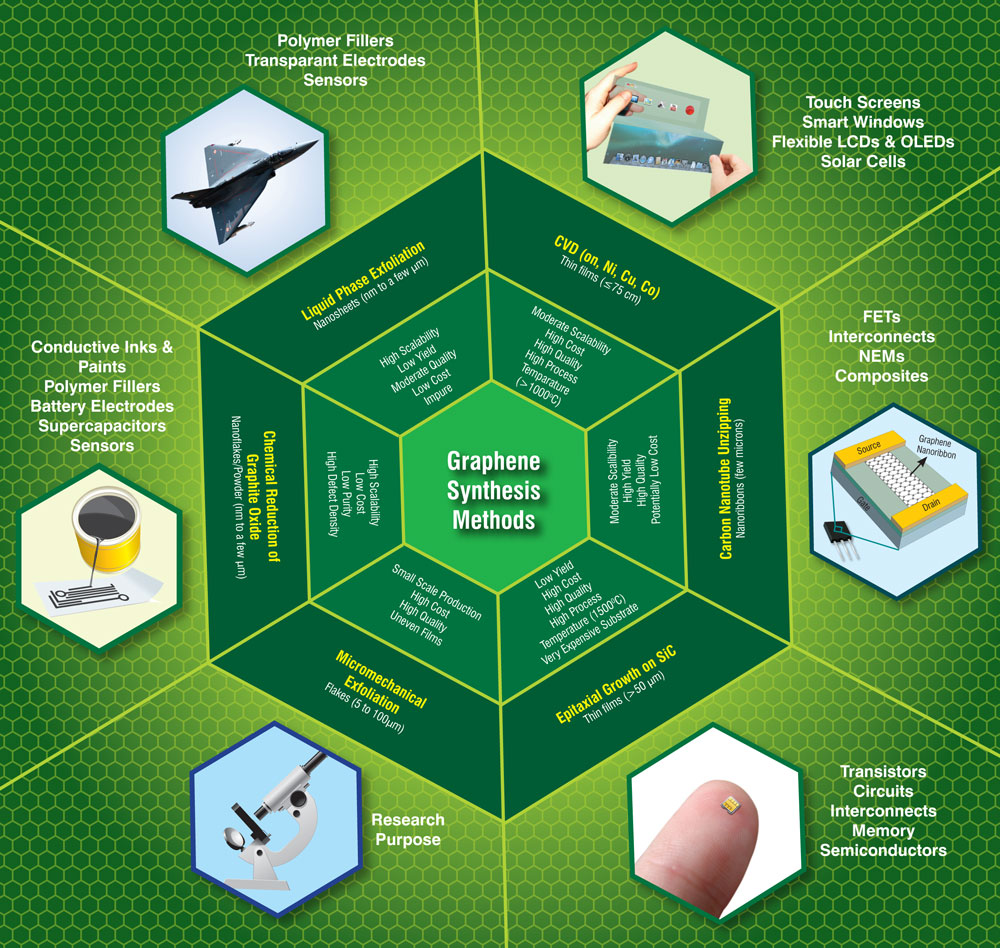
The Graphene Revolution by Brian Clegg

TITLE: The Graphene Revolution: The Weird Science of the Ultra-thin
AUTHOR: Brian Clegg
DATE PUBLISHED: 2018
FORMAT: ebook
ISBN-13: 9781785783760
________________________
DESCRIPTION:
"In 2003, Russian physicists Andre Geim and Konstantin Novoselov found a way to produce graphene – the thinnest substance in the world – by using sticky tape to separate an atom-thick layer from a block of graphite.
Their efforts would win the 2010 Nobel Prize for Physics, and now the applications of graphene and other ‘two-dimensional’ substances form a worldwide industry.
Graphene is far stronger than steel, a far better conductor than any metal, and able to act as a molecular sieve to purify water. Electronic components made from graphene are a fraction of the size of silicon microchips and can be both flexible and transparent, making it possible to build electronics into clothing, produce solar cells to fit any surface, or even create invisible temporary tattoos that monitor your health.
Ultra-thin materials give us the next big step forward since the transistor revolutionised electronics. Get ready for the graphene revolution."
________________________
REVIEW:
Clegg has written a rather short, but understandable, book about graphene and other ultra-thin materials, that covers everything from the "discovery" of graphene using sticky tape, to the interactions and bonds between atoms (i.e. the essence of matter), quantum physics, the history of quantum physics and atomic structure, other ultra-thin materials such as boron nitride and molybdenum disulfide, to the implications and potential uses of these ultra-thin materials. The scientific explanations were alright, though quantum physics still smacks like "Star Trek physics". I did find the rather extensive biographies of Geim and Novoselov, and mentions of everyone even vaguely related to atomic structure elucidations and quantum physics to be a bit tedious. A nicely written book about an interesting subject. Illustrations would have been nice though.

What is Graphene? - Nanowerk.com

 4
4



